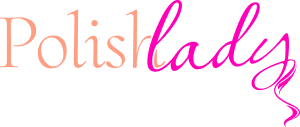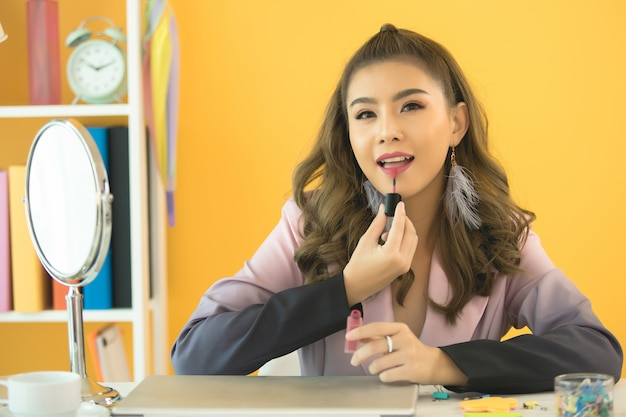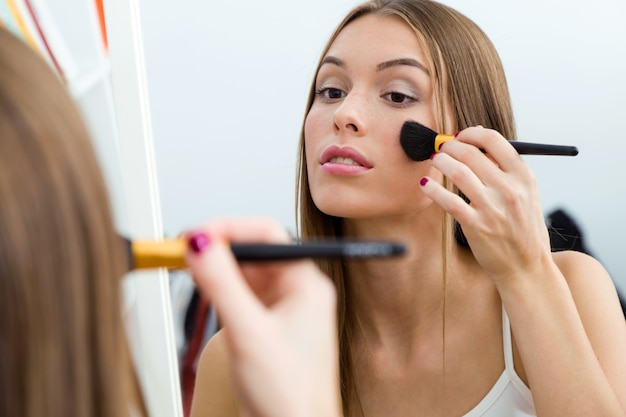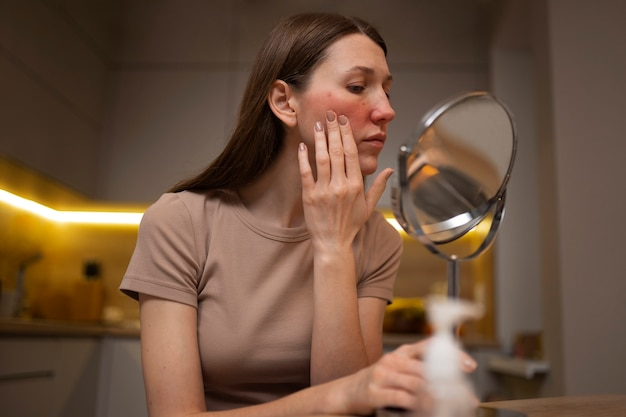Conquer Acne with Knowledge: Unveiling Types and Effective Treatment Approaches
Acne is a common skin condition that affects people of all ages, genders, and ethnicities. It can be a source of embarrassment, frustration, and anxiety, leading many to seek quick solutions to get rid of it. However, treating acne effectively requires knowledge of the different types of acne and the most effective treatment approaches. In this blog, we will unveil the different types of acne and discuss the most effective treatment strategies for each. By the end of this article, you will have the knowledge and tools to conquer acne and achieve clearer, healthier skin. So let’s dive in and learn how to conquer acne with knowledge.
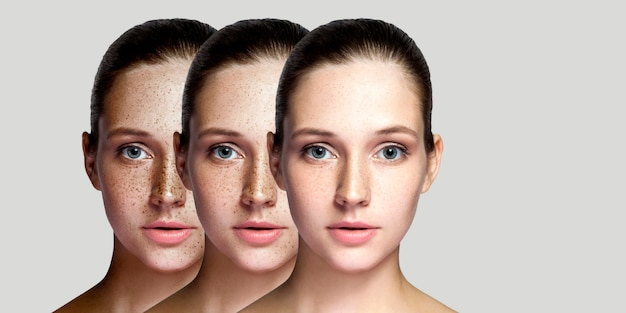
Comedonal Acne
Comedonal acne is characterized by the presence of non-inflammatory lesions such as blackheads and whiteheads. Blackheads, or open comedones, form when the clogged hair follicles are exposed to air and oxidize, turning them dark in color. Whiteheads, or closed comedones, occur when the clogged follicles are covered by a layer of skin, preventing oxidation.
- Treatment: The key to treating comedonal acne lies in preventing clogged pores. Regularly cleansing the skin with a gentle, non-comedogenic cleanser and using over-the-counter topical retinoids can help reduce the formation of comedones. Exfoliating with salicylic acid-based products can also help unclog the pores.
- Treatment: The key to treating comedonal acne lies in preventing clogged pores. Regularly cleansing the skin with a gentle, non-comedogenic cleanser and using over-the-counter topical retinoids can help reduce the formation of comedones. Exfoliating with salicylic acid-based products can also help unclog the pores.
Inflammatory Acne
Inflammatory acne involves red and swollen pimples, pustules, and papules. This type of acne occurs when the follicle wall ruptures, leading to an immune response and the formation of inflammation.
- Treatment: Topical treatments containing benzoyl peroxide, salicylic acid, or sulfur can be effective in reducing inflammation and killing bacteria. Prescription topical medications such as retinoids and antibiotics may be recommended for more severe cases. In some instances, oral antibiotics or hormonal therapies like birth control pills may be prescribed to manage hormonal imbalances contributing to acne.
Cystic Acne
Cystic acne is one of the most severe forms of acne and is characterized by large, painful, deep-seated nodules or cysts. This type of acne can be long-lasting and may result in scarring.
- Treatment: Treating cystic acne often requires a multi-faceted approach. Prescription medications like isotretinoin, a powerful oral retinoid, are commonly prescribed for severe cases. Topical treatments, oral antibiotics, and corticosteroid injections to reduce inflammation may also be used. It’s crucial to consult with a dermatologist to determine the most suitable treatment plan for cystic acne.
Hormonal Acne
Hormonal acne typically affects women and is associated with hormonal fluctuations, such as those that occur during puberty, the menstrual cycle, pregnancy, or menopause. This type of acne often presents as deep, painful, and persistent cystic lesions on the chin, jawline, and cheeks.
- Treatment: Hormonal acne can be managed with hormonal therapies, such as birth control pills or anti-androgen medications. These treatments work by regulating hormone levels and reducing the production of oil. Additionally, skincare routines that include gentle cleansing, non-comedogenic products, and regular exfoliation can help control breakouts.
Conclusion
Understanding the different types of acne is crucial for effective treatment and management. Comedonal acne requires a focus on preventing clogged pores, while inflammatory acne necessitates treatments that reduce inflammation and kill bacteria. Cystic acne often requires more aggressive intervention, such as oral medications, to prevent scarring. Hormonal acne is best managed with hormonal therapies that address the underlying hormonal imbalances. Remember, it’s essential to consult with a dermatologist to develop a personalized treatment plan tailored to your specific type and severity of acne.
